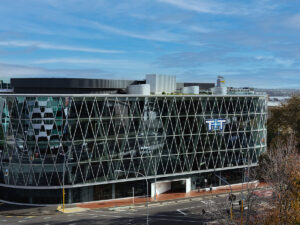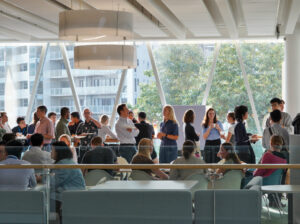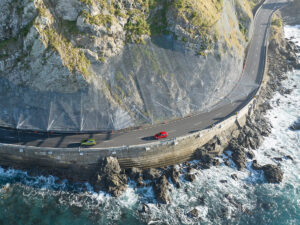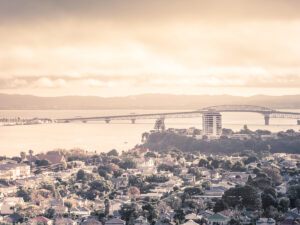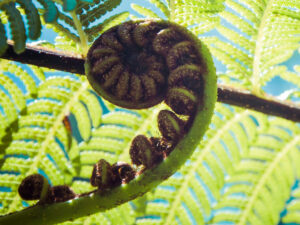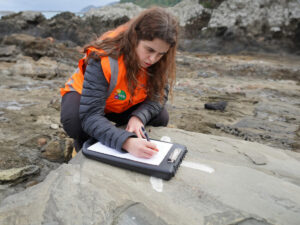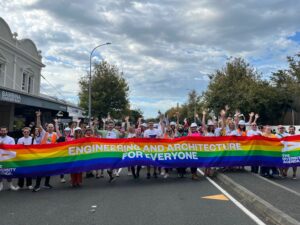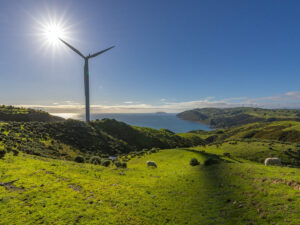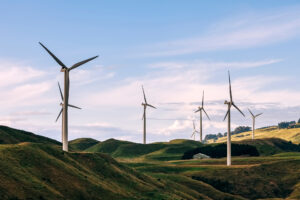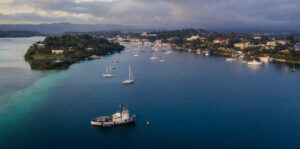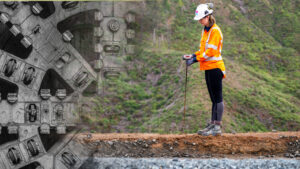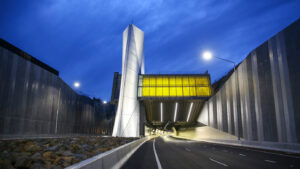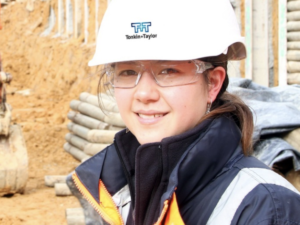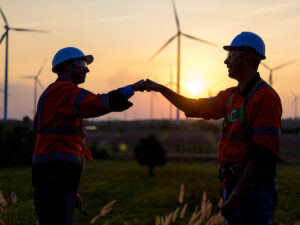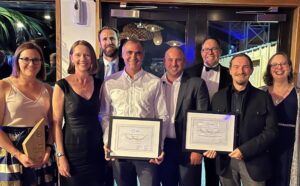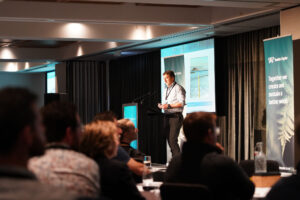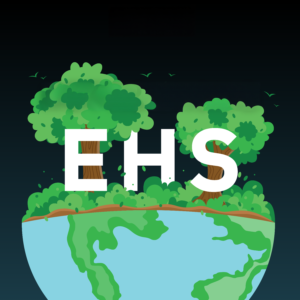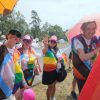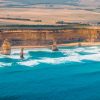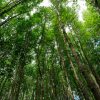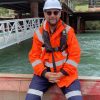Tonkin + Taylor (T+T), through its partnership with Inogen Alliance, has released an article as part of the new online branded series, ‘The Climate and Us’.
Launched on October 31, ‘The Climate and Us’ explores how the climate crisis is affecting human health, and how solutions from the healthcare sector, environmental sector and beyond are seeking to respond to the damage.
The online branded series is presented by the Global Climate and Health Alliance and the Inogen Alliance, with support from Tonkin + Taylor and other Inogen Alliance members across the globe, and produced for them by BBC StoryWorks Commercial Productions.
“’The Climate and Us’ provides the crucial human face of the growing climate crisis-and through telling these stories, demonstrates that there is nothing more important than our health and wellbeing”, says Dr Jeni Miller, Executive Director of the Global Climate and Health Alliance.
‘The Climate and Us’ series sheds light on communities affected by climate-related disasters and emerging health crises. It also highlights the incredible resilience of people impacted by climate change–and the wide-ranging solutions available to those most impacted by climate risk.
Our article, ‘How to protect communities and build resilience to natural disasters‘, shares how we are fighting the effects of climate change with communities in New Zealand and the Pacific.
The article features two T+T experts – Richard Reinen-Hamill, Sector Director for Climate + Hazards Resilience, and John Leeves, Senior Geotechnical Engineer.
We explore how natural disasters, such as cyclones, droughts, and floods, have increased in frequency and severity globally over the past century, impacting the health of communities. Natural disasters can exacerbate food and water insecurity, spread disease and pollution, and damage infrastructure.
T+T worked on the response to Cyclone Winston to accurately map the damage across the islands, seeing which areas were the worst affected.
Our recovery efforts included building a digital damage viewer that allowed the Fijian government, NGOs, and those helping with recovery efforts, to view damage online.
“The digital damage viewer meant that those working on recovery efforts could look at every single area to get a good idea of what the Fijian people needed,” John Leeves says.
“What gets me out of bed is the fact that I feel we’re making a difference,” reflects Richard Reinen-Hamill. “We are empowering communities to do something.”
‘The Climate and Us’ is available on the series hub site: www.theclimateandus.com.


